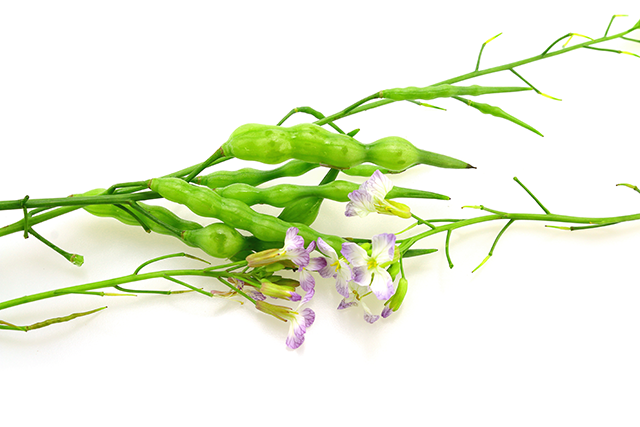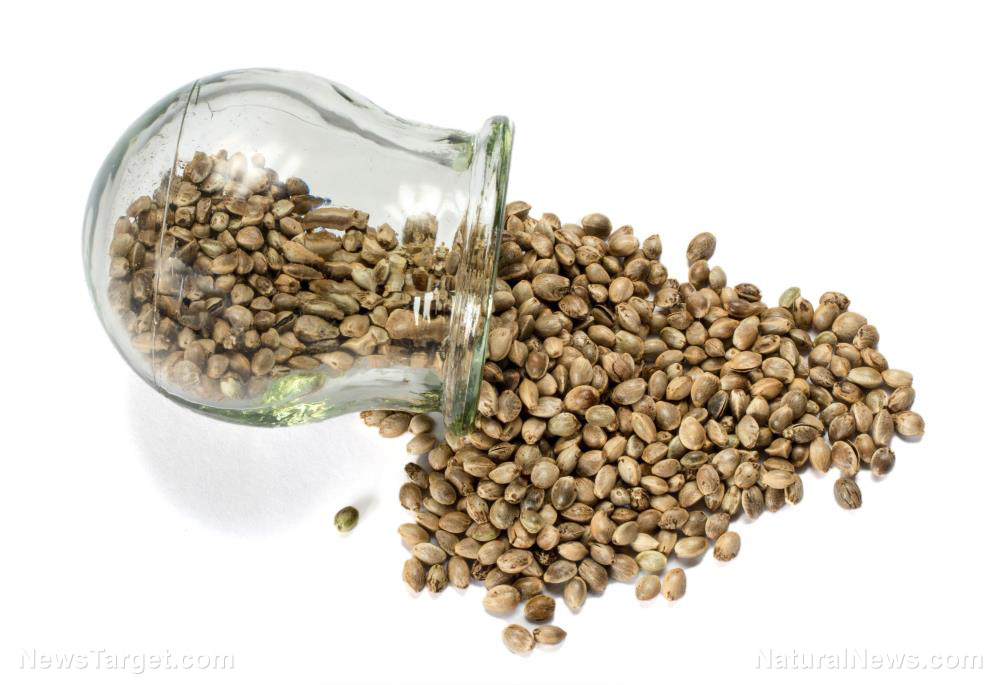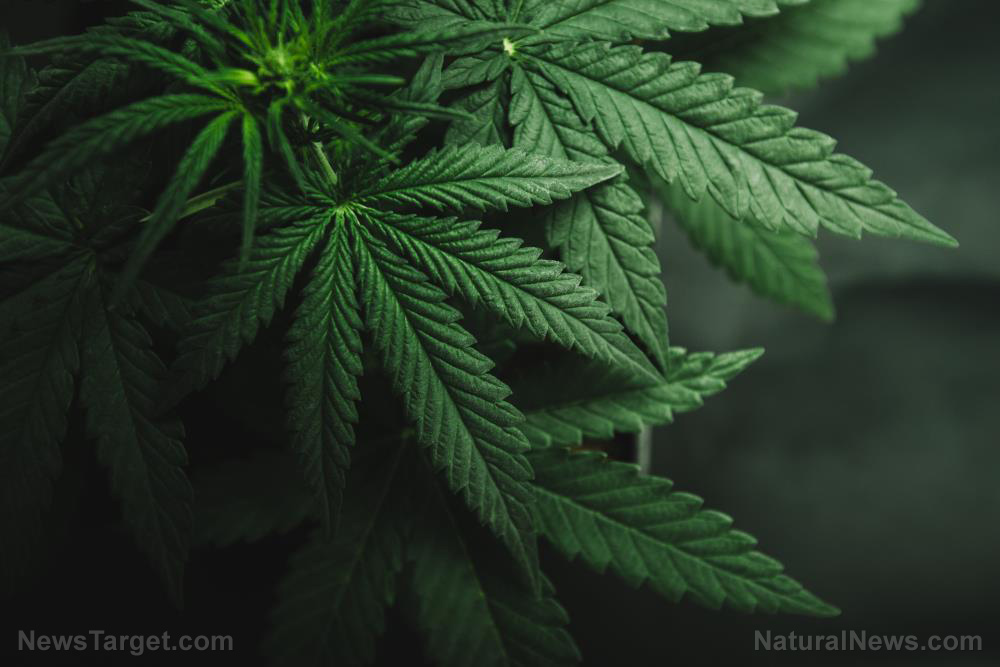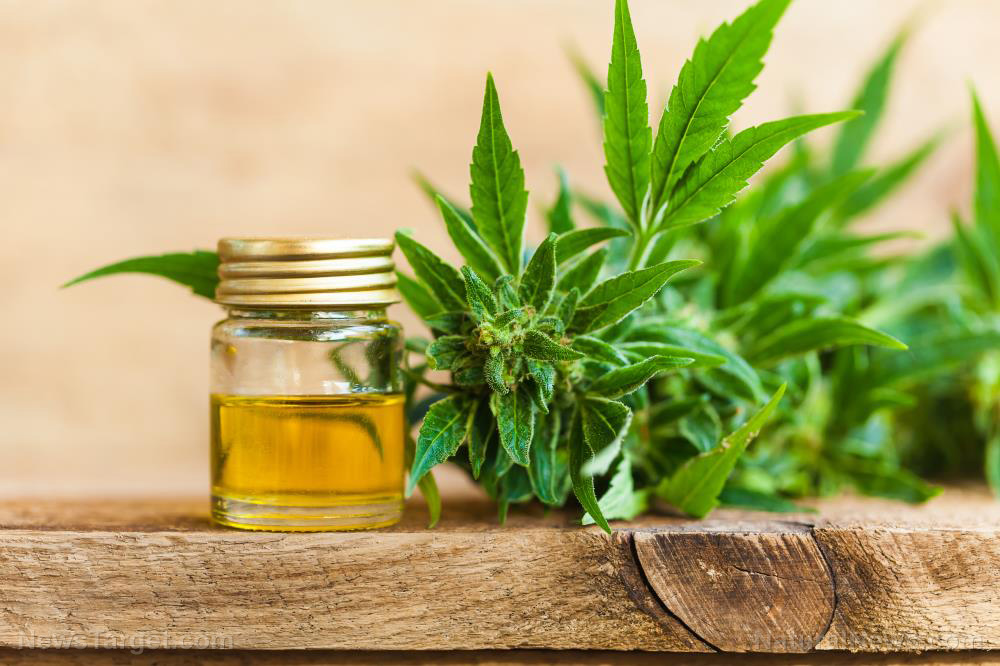A radish-like plant from India proven to effectively relieve depression symptoms
01/22/2018 / By Russel Davis

A study published in the African Journal of Traditional, Complementary and Alternative Medicines revealed that ethanolic extracts obtained from Raphanus caudatus L., more commonly known as rat-tail radish or tail-pod radish, may hold potential in alleviating depression. A team of Pakistani researchers examined the effects of the plant extracts on male albino mice as part of the study.
The scientists gave the mice varying doses of the ethanolic extracts at 250 milligrams per kilogram (mg/kg) of body weight, and 500 mg/kg and 1000 mg/kg. A control group was given normal saline solution, while another group was given the antidepressant drug fluoxetine. The experts also subjected the animal models to a forced swim test (FST) and tail suspension test (TST) to measure their depression-like behavior. The results showed that all three tested doses and the standard fluoxetine treatment resulted in antidepressant-like activities in both FST and TST paradigms.
“Raphanus sativus is a rich source of flavonoids, alkaloids, anthocynins and isothiocyanate compounds. Hence, it may be safely suggested that antidepressant-like activity of Raphanus caudatus in the current investigation could be due to presence of these bioactive constituents. Nevertheless, this must be evaluated and confirmed by
characterization of active constituents. However, it must be confirmed by mechanism based studies in future. Present investigation clearly indicates that Raphanus caudatus have significant antidepressant capability in rodent models of depression,” the researchers said.
According to the experts, the results demonstrate that extracts obtained from rat-tail radish help relieve depression-like behavior, and that the plant might be used in developing newer antidepressant treatments in the future. (Related: Radishes – their health benefits may surprise you.)
“The findings of present study suggest that ethanolic extract from Raphanus caudatus possess significant antidepressant-like activity in FST and TST behavioral paradigms in mice. Thus, the plant extract could be used to ameliorate depression-like behavior alone, or in combination with antidepressant agents. Chemical characterizations of active antidepressant constituents of plant along with molecular targets are necessary to establish newer antidepressant agent/s from the plant,” the researchers added.
Fast facts about depression
The recent findings may hold implications in relieving depression, which affects millions worldwide. A fact sheet published on the World Health Organization‘s (WHO) media center revealed that the mental health disorder affects more than 300 million people in all age groups around the world. The WHO also cautioned that depression is the leading cause of disability across the globe, and is a big contributor to the overall global burden of disease.
In addition, the fact sheet revealed that depression was more rampant in women than in men. Depression may also increase a patient’s likelihood of committing suicide. In fact, 800,000 people die of depression-related suicides every year. According to the WHO, depression-related suicides were the second leading cause of death in patients aged 15 to 29 years old.
The Centers for Disease Control and Prevention (CDC) also revealed that more than one in 20 Americans aged 12 years and older experience depression. Likewise, 10 percent of U.S. adults aged 40 to 59 years old suffer from depression. The CDC also noted that the mental health disorder was also more prevalent in women than in men. According to the health agency, the economic burden of depression – such as workplace costs, direct costs and suicide-related costs – was $210.5 billion in 2010 alone.
Explore more news about natural remedies for depression and other diseases at Remedies.news.
Sources include:
Tagged Under: Antidepressants, cognitive function, depression, herbal medicine, herbal treatments, medicinal herbs, mental health, natural remedies, Naturopathy, Radish, rat-tail radish, suicide, tail-pod radish
RECENT NEWS & ARTICLES
COPYRIGHT © 2017 NATUROPATHY NEWS

















